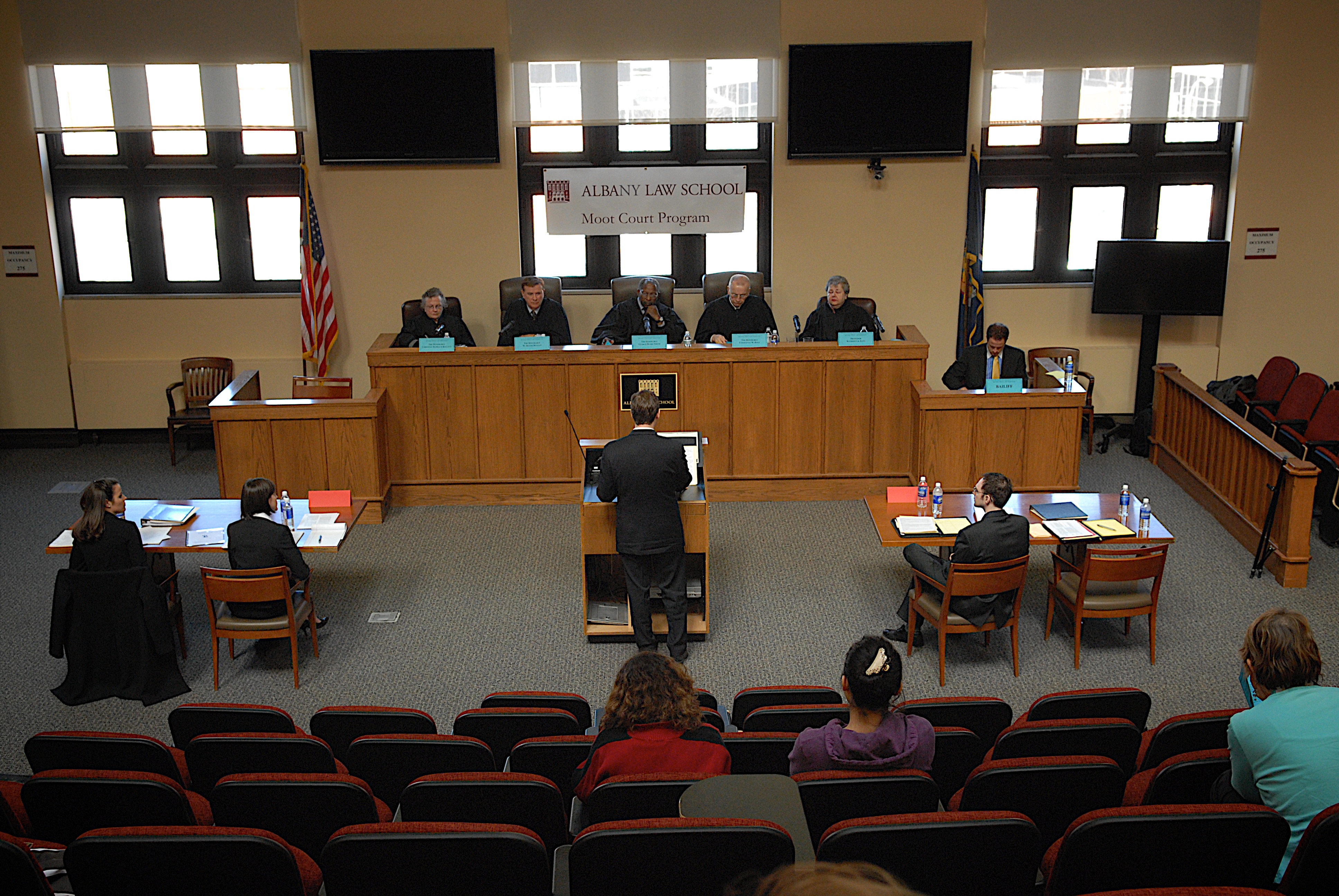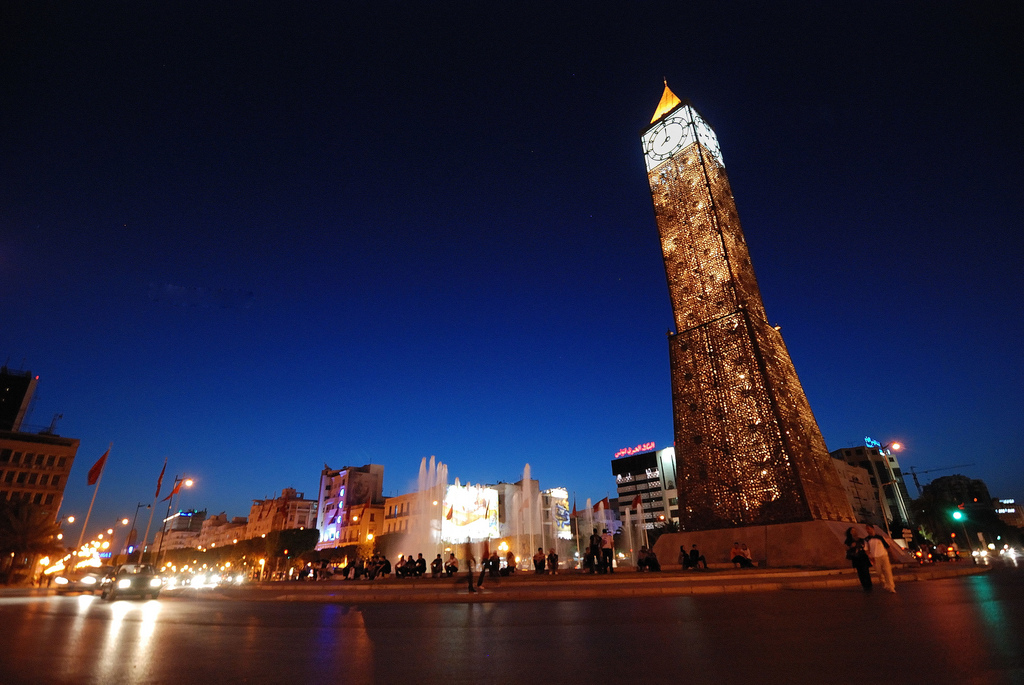A number of forensic devices use proprietary software to convict defendants. Breathalyzers, DNA testing, facial recognition, and other tools are not fail-proof mechanisms, but rather coded programs designed to test variables accurately. Unfortunately, these devices don’t always achieve that goal, and rulings in California, Pennsylvania, North Carolina, and Florida have determined that defendants are not legally granted access to the code that indicts them.
In California, for instance, Defendant Martell Chubbs is sentenced for a cold case murder committed in 1977. The only evidence is a DNA match configured by a proprietary software program. Chubbs requested access to the software’s source code so that he could compare the code to the currently established scientific procedure for DNA matching. He was denied on the grounds that the defense attorney might duplicate the code, resulting in financial losses for the manufacturer.
It’s not unreasonable that a forensic tool would be miscoded, either intentionally or not. The major car company Volkswagon had a recent scandal that highlighted intentional software glitches employed by well-known, regulated manufacturers. The company manipulated its code to cheat emission tests for 11 million diesel cars, each producing smog at 40 times the legal limit. Volkswagon’s actions carry the weight of an important message: any software program used for public purposes may contain mistakes, and those mistakes will never be discovered if the code is proprietary.
The Innocence Project found that debauched forensic science resulted in the wrongful convictions of 47 percent of exonerees. President Obama has stated that if cross-examination isn’t fair and thorough, forensic testimony is “nothing more than trial by ambush.”
Article via Future Tense, 6 October 2015
Photo: 2009 Gabrielli Family Law Moot Court Competition via Wake Forest University school of Law [Creative Commons Attribution-NonCommercial-NoDerivs]


